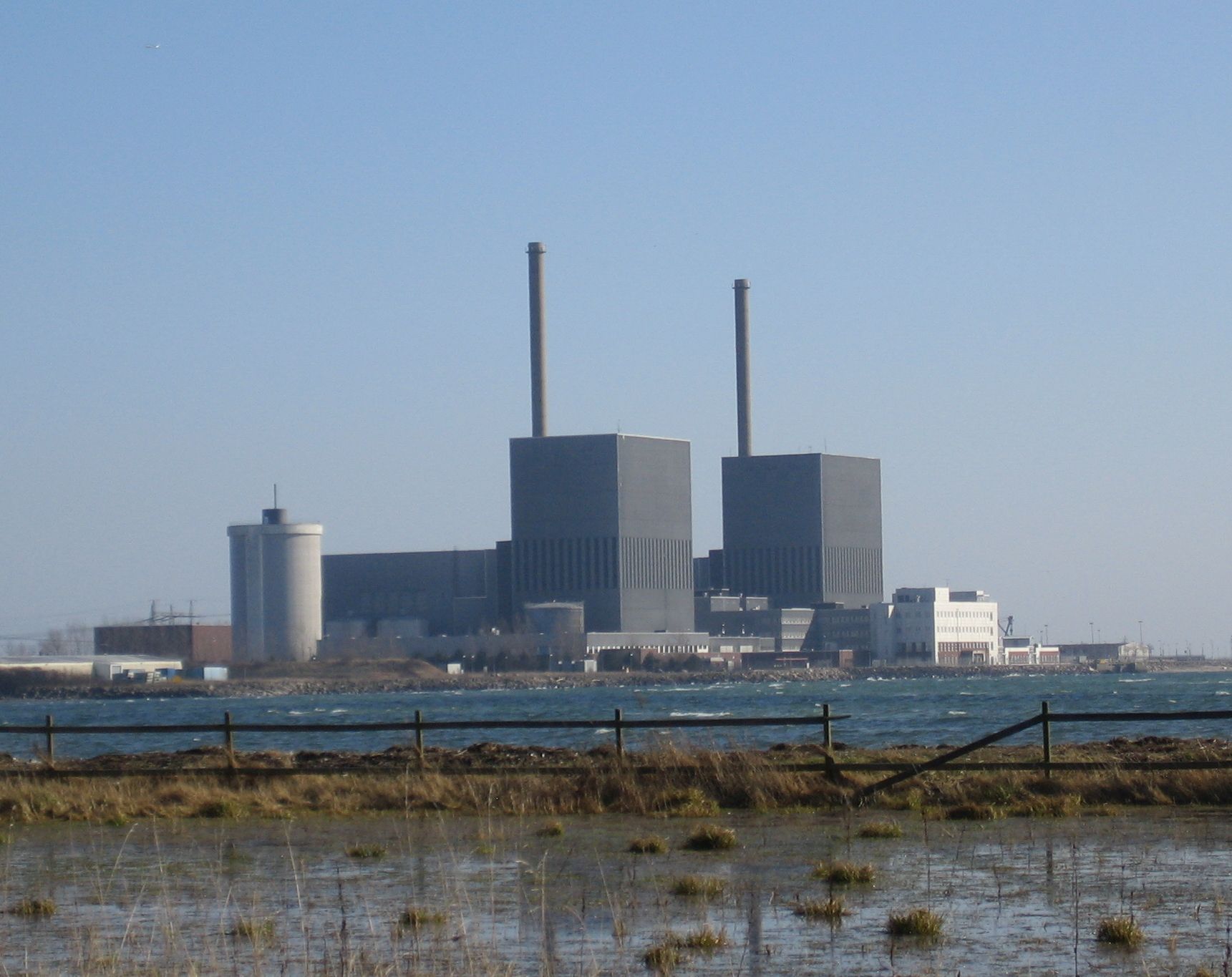After running with the bulls in Pamplona, Gus Brown hitchhiked his way to Copenhagen. Without a penny to his name and after almost six years on the road, on 26 July 1986, he wandered his way onto Strøget – a street he would come to call home.
Today, when Brown is not behind the bar of the Dubliner on Amagertorv, you can find him sunning himself on sandy beaches in South Africa or talking football on the golf course with England manager Roy Hodgson. But it hasn’t always been the life of Riley for the 50-year-old Scotsman – 30-odd years ago you would have found him sleeping on a bench in Fælledparken.
Instant impression – on a bench
After arriving in the summer of 1986 and initially struggling for work (hence the bench), Brown explained how his fortunes changed when he and his travelling companion met the then manager of Burger King, Charlie Scott (of Charlie Scott’s bar on Skindergade).
“We were scruffy and a bit smelly, but we begged him for a job,” he recalled. “He wasn’t so keen to begin with, but we told him we would work for free for at least one day, and if he didn’t like us we would bugger off! To be honest, we were starving, and working for free we knew we would get some burgers and coffee.”
After five months flipping burgers, Brown picked up work where he could in an effort to save the money he needed for a one-way ticket to sunnier climes in Australia. His best-laid plans fell by the wayside however, when in 1992, he went to Sweden to watch Scotland play in the European Football Championship.
A fateful meeting at the Dub
It was in Scandinavia’s first Dubliner in Gothenberg that the avid football fan met his future business partner, Ian McGlinchey. The amiable Scott was employed by McGlinchey and, after working his way up the ladder swiftly, in 1995 he was entrusted with opening up a new Irish pub.
After looking at possible locations in Oslo, he was told about a very special building in Copenhagen. “We flew down from Norway the next morning and we couldn’t believe our eyes when we saw this place,” he said. After a deal had been struck with the building’s elderly landlord, he set about transforming what had been a Häagen-Dazs shop into what would become Copenhagen’s most successful Irish bar.
The centre in the dead of night
“We used a friend of ours in Ireland for the renovation,” he explained. “We measured up the stats for the building, we gave our friend our budget and ideas, and together we came up with the layout and design.” Sounds simple, but he soon found out that the real graft lay ahead.
“In this part of town you only need one percent of the passing trade to keep the boat afloat, but when we opened the pub, there was no nightlife in this area of town. Even cafes like Norden and Europa used to close at 10pm,” he recalled. “We basically had to generate our own nightlife, which wasn’t easy but we managed it through good advertising and word of mouth.”
Keep ‘em regular as clockwork
Over the last 18 and a half years, the pub has become a Copenhagen landmark, but it has had to weather numerous storms along the way. Brown has witnessed his competition come and go, but calls the current recession his “biggest adversary”.
“Unfortunately the budget for entertainment isn’t what it used to be,” he explained. He puts the Dubliner’s continued success down to one thing: regular custom. Unusually for an Irish bar, Brown estimates that English-speaking regulars account for just ten percent of the pub’s trade, while Danes make up around 65 percent.
“We have managed to drum up a huge amount of regulars over the years. I could come in here on a Friday or Saturday night and I would know 60 percent of the customers,” he explained. “People keep on coming back because we do something well all day, every day – this game is all about consistency.”
The Dubliner now employs around 20 staff, holds a monthly comedy club and has live music seven nights a week. Brown sees no reason why this shouldn’t continue.
“The retail industry has been knocking on our door for about ten years because of the location, but there is something about this place: it has magnetism, people think it’s been here for 200 years,” he said. “It’s my home from home, and it has been my living room for 18 years.”













